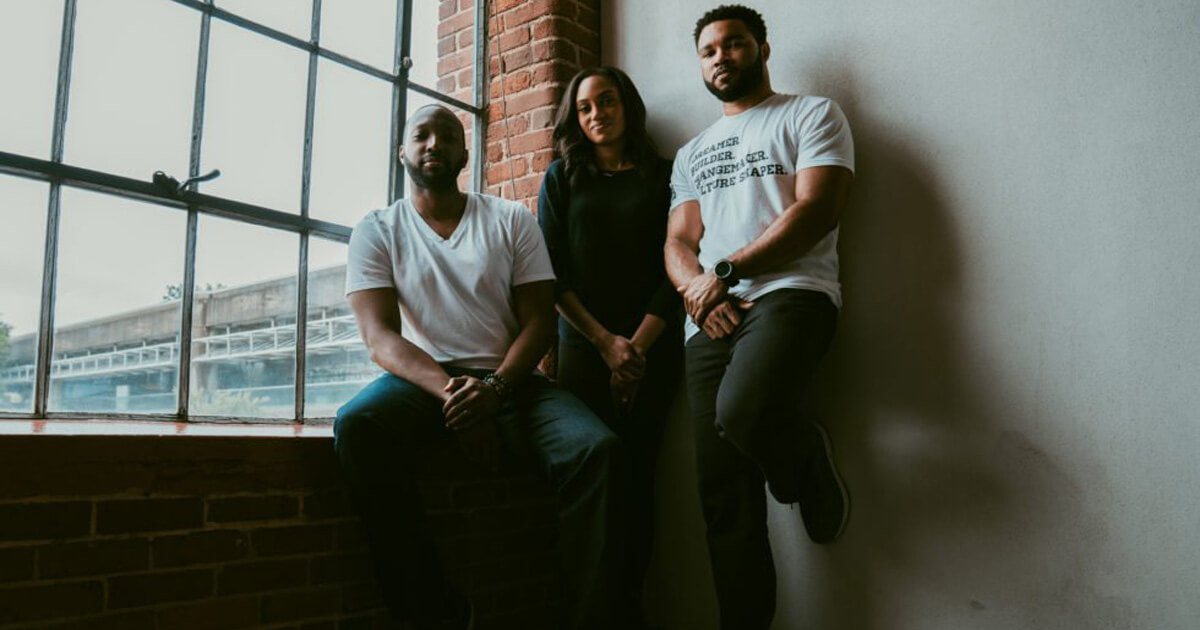As the coronavirus (COVID-19) pandemic spreads across the U.S. impacting Silicon Valley and other major tech hubs, founders, especially those with early-stage startups, are weighing potential economic consequences associated with raising venture capital in a looming financial crisis.
Companies are now reassessing their day-to-day operations with fears of running out of cash, unable to pay employees and cover expenses. Tech leaders have canceled a number of conferences amid public health concerns. State officials are implementing stricter measures to contain the virus. For instance, California Governor Gavin Newsom announced a mandatory statewide “Stay-at-Home” order Thursday evening for 40 million residents in response to COVID-19. In a letter to the Trump administration on Wednesday, Newsom wrote, “We project that roughly 56% of our state’s population—25.5 million people—will be infected with the virus over an eight-week period.”
This directive adds a new level of social distancing as founders will have to get more creative in pursuing investors who say they’re leveraging platforms like Zoom to secure deals.
WHAT BLACK INVESTORS ARE DOING FOR THEIR PORTFOLIO COMPANIES
During an exclusive TPInsights member call Thursday with Justin Dawkins, managing partner at Collab Capital, he predicted that funds may shrink over the next quarter in response to the current economic fallout. Despite the public health crisis, Dawkins says venture capital firms will still invest dollars.
“There’s still a lot of uncertainty in the markets still trying to figure out what fundraising and capital will look like in the next 90-120 days,” he said. “The good news is, everyone is slowing down a bit. Nothing is grinding to a halt.”
With his fellow managing partners, Jewel Burks Solomon and Barry Givens, Dawkins and the team at Collab Capital launched a Founders’ Care Package to assist Black founders throughout the pandemic.
“We were built for this. Because our model is not based on [a] specific timeframe to deploy capital and then return it all in a given window, we have a little bit more flexibility,” he said. “We can be patient, which gives founders a little bit more room to take their time and focus on sustainability and profitability during this time.”
Dawkins suggests startups put fundraising on the backburner, for now. He mentions using this slow market pace as growth opportunity for relationship building and being sensitive to client needs.
“It gives you an opportunity to prepare and show how resilient you are and prove that you have a sustainable business even through a very uncertain economic period.”
During the call, Dawkins shared a few details regarding an upcoming $50 million fund at Collab Capital, which has the potential to provide future relief as founders look ahead at what’s to come.
“We love Atlanta. Atlanta is home, but we want to definitely be supportive and invest in entrepreneurs from all over the country,” he told our subscribers.
Marlon C. Nichols, managing partner at Mac Venture Capital, told us that several of the firm’s portfolio companies are well-capitalized and able to continue generating revenue.
“Our support has mostly been in the form of frequent communication around things like how do they weather this storm,” Nichols said. “We talk through responsible cost-cutting measures and revenue-driving strategies fitting for this period of time. I also find that I am having conversations about product-building strategies that take into account the need to reduce burn.”
Nichols shared a comprehensive list of suggestions and best practices to help other startups adjust to the current economic downturn, such as negotiating a reduction in office rent and temporary salary reductions with a payback option. As for founders moving forward to seek out VC dollars, Nichols says founders should be intentional when approaching firms to “suss out who actually has dollars to invest, then work through their stated process.”
He went on to say, “I also encourage founders to make sure they fit within the firm’s areas of interest. Also, target the most appropriate partner as opposed to the most popular partner for instance. But the most important thing is to go through their state process.”
From an investor’s perspective on adjusting to the effects of COVID-19, Nichols says the work continues.
“For investors like us that have capital under management (dry powder), it is business as usual. Our investment periods aren’t likely going to shift so we have a need to make investments into amazing companies,” Nichols said.
Arlan Hamilton, founder and managing director of Backstage Capital, says her team has reached out to the founders of each portfolio company, offering empathy and comfort.
“We provided them with some important links by experts to help them answer some pressing questions around navigating being a founder/CEO during this time,” Hamilton said. “We reminded them of the Slack community resource we have for all of our portfolio companies to come together in times like these. And although we are being inundated with inbound requests right now, we offered a listening ear.”
Here are a few of the links Hamilton sent to Backstage Capital’s portfolio founders last week:
- CDC Resources for Businesses and Employers
- Coronavirus: The Black Swan of 2020 by Sequoia Capital
- “How can my business survive the coronavirus?” Industry experts weigh in by Mandela SH Dixon
- Coronavirus (COVID-19) PSA for Startups by Elad Gil
Hamilton has several episodes on her podcast, Your First Million, discussing her take on the pandemic and offering a roadmap to help entrepreneurs. Hamilton also started a Twitter thread calling for entrepreneurs and companies to share products and services that might be helpful to people at this time.








